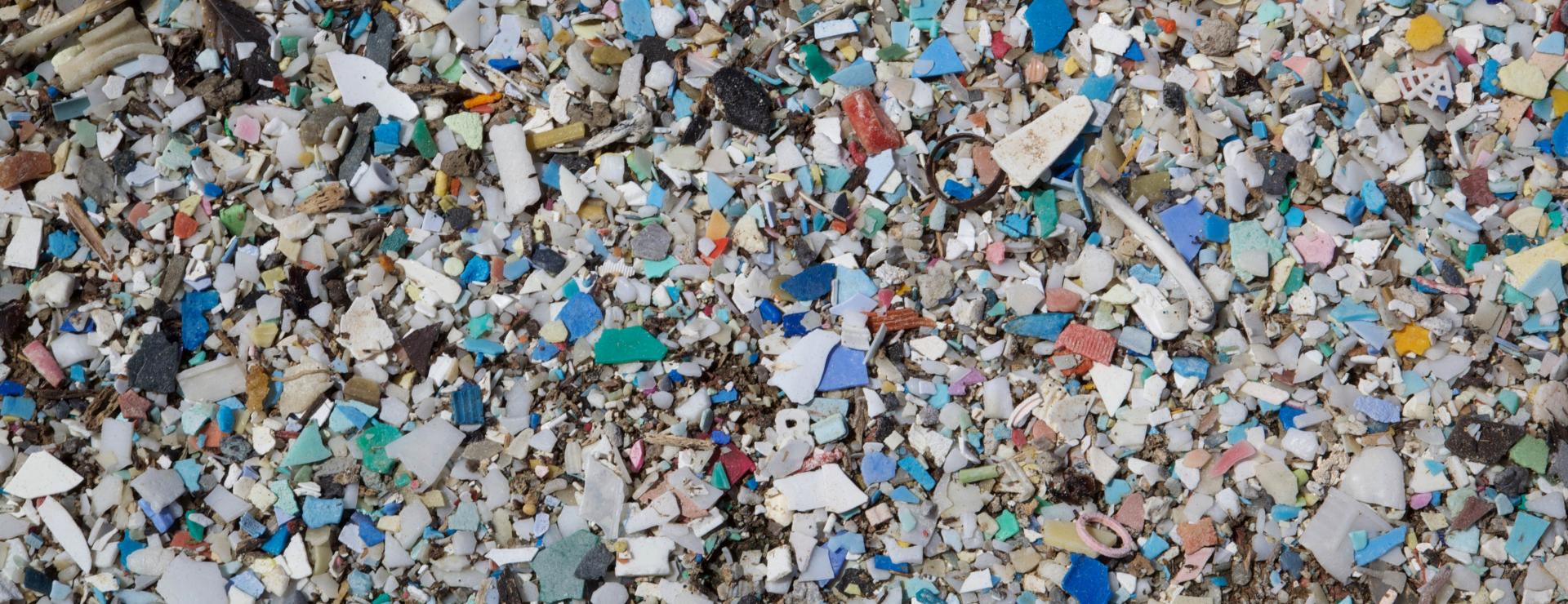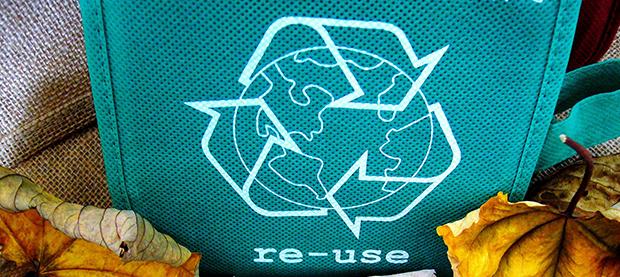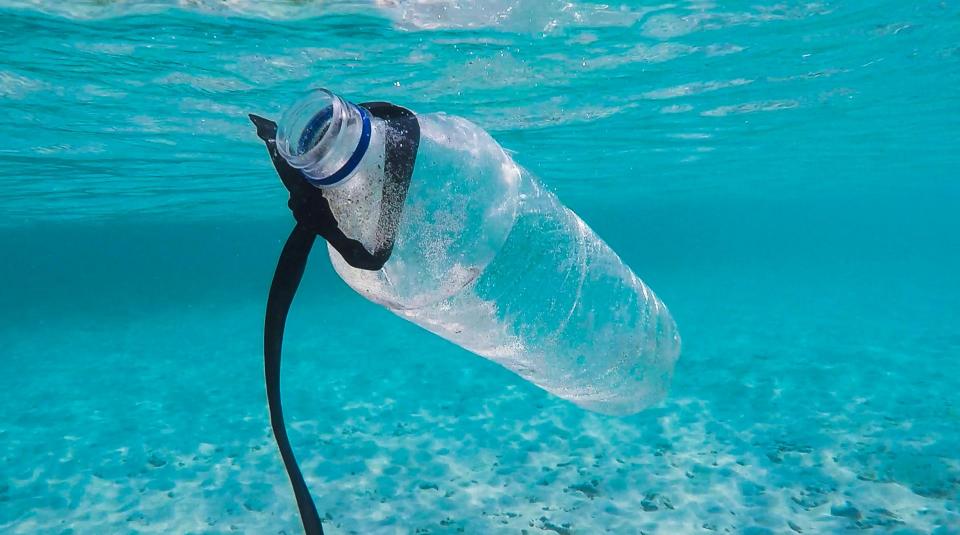Most products are brought to market in packaging that is
excessive, unsustainable or both. Globally, nationally and
locally, packaging waste causes enormous environmental damage,
and good disposal solutions are not widely implemented. The U.S.
generates a disproportionately large amount of packaging waste.
As business is the source of most product packaging, it is best
positioned to advance more sustainable packaging
policies. ASBN’s Reduce Packaging Waste campaign offers a
way to gather business leaders’ practical insights and
collaborate with policymakers to develop packaging waste
reduction policies that make sense.
The Problem:
With five percent (5%) of the world’s population, the United
States generates 40% of its packaging waste. (https://www.usi.edu/recycle/solid-waste-landfill-facts/)
Packaging waste has taken the global spotlight since the European
Union’s 2018 decision to ban many single-use plastics. The U.S.
is under increasing pressure to do our part, especially given our
disproportionately large use of packaging materials. The
exponential growth of online product sales has also accelerated
the production of direct-ship-to-user packaging waste.
Incineration is a toxic solution, landfills are limited, foreign
countries are reluctant to accept our packaging waste, recycling
is not an option for all materials and is not widely used even
when it is an option. The life in essential waterways, including
the world’s oceans, is being literally choked with plastics and
other non-biodegradable waste. Plastic has been a world-changing
solution in protecting food, medical equipment and other
necessities against bacterial and viral contamination, but as a
fossil-fuel product in ever-increasing use, plastic has become a
world-endangering source of pollution.
The Solution:
ASBC’s major goals for the 116th Congress include making urgently
needed progress on public policies that reduce environmental
damage and curb climate change. Understanding that product
packaging waste causes ever-increasing damage, and that business
is the source of most product packaging, we are best positioned
to advance more sustainable packaging policies.
ASBN presence at the national level and its growing body of
state affiliates leave it poised to influence both federal and
state legislation. ASBN will make a fresh, compelling case
for what responsible companies know is “good for business” – and
for life on our planet.
ASBN’s Packaging Waste Reduction Policies campaign will explore
and advance a number of policy options:
- Robustly engage federal agencies, including the U.S.
Department of Commerce, Environmental Protection Agency (EPA) and
National Institute of Standards & Technology (NIST) to address
how lack of uniformity in packaging type and composition
seriously hampers waste reduction.
- Promote policies to standardize after-use recycling systems
to increase quantity and quality of products being recycled.
- Incentivize innovative and increased recycling and reuse with
targeted initiatives such as investment tax credits & federal
financial incentives for reuse.
- Showcase best practices by companies that have successfully
reduced their packaging waste to motivate other businesses and
consumers to reduce, reuse and recycle.
- Advance state legislation such as the
California Circular Economy and Plastic Pollution Reduction
Act.
Take Action:
We are recruiting leaders of sustainable businesses to help
ASBN shape responsible policy proposals. With your
experience and ingenuity, we will provide thought leadership in
the public square and transform the typical scatter-shot approach
with focused advocacy campaigns. These campaigns will be based on
factual data and essential values – and focused on achieving
tangible wins.
Please
contact us about how to participate in ASBC’s Packaging Waste
Reduction Policies campaign. You’ll be in good
company.




